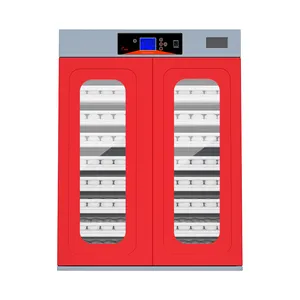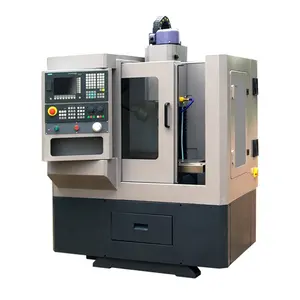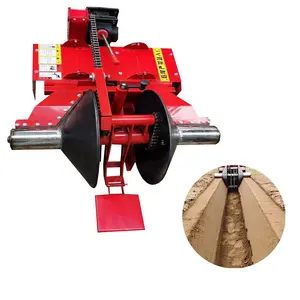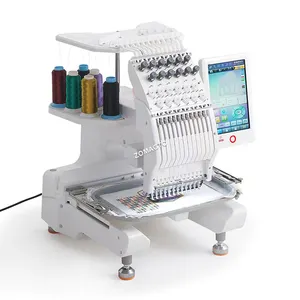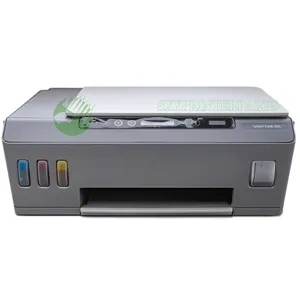Popular in your industry
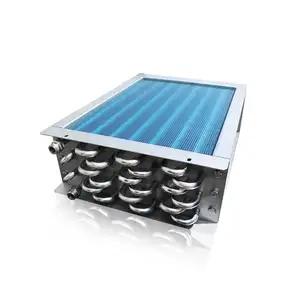






































































Related Searches:














































































































Top categories
About casing heat exchanger
Understanding Casing Heat Exchangers
A casing heat exchanger is an integral component in managing thermal energy in various industrial processes. This device facilitates the transfer of heat between two or more fluids, making it a pivotal element in systems requiring temperature regulation. The versatility of heat exchangers is evident in their widespread use across industries such as power generation, chemical processing, and even food production.
Types and Applications
The applications of casing heat exchangers are diverse, with designs like shell and tube, plate, and specialized models tailored for specific industries. Shell and tube exchangers are renowned for their robustness, making them suitable for high-pressure applications. Plate exchangers, on the other hand, are known for their efficiency in heat transfer, often utilized in heating, ventilation, and air conditioning (HVAC) systems. Specialized exchangers cater to unique requirements, such as those needed in biofuel production or cryogenic operations.
Material and Features
Materials used in casing heat exchangers are selected based on their thermal conductivity and resistance to corrosion. Copper is often chosen for its excellent thermal properties and antimicrobial features, ideal for systems involving potable water. Stainless steel is another popular choice due to its rapid heat transfer capabilities and durability, suitable for large-scale water treatment. Titanium exchangers offer high-temperature resistance and strength, essential for high-stakes environments like power plants.
Advantages of Casing Heat Exchangers
The advantages of using a casing heat exchanger are manifold. These devices enhance the efficiency of thermal systems, contributing to energy conservation and cost-effectiveness. Their ability to maintain temperature control with precision is crucial in processes where thermal stability is paramount. Moreover, the variety of materials and designs available allows for a tailored approach to heat exchange solutions, ensuring that specific industry needs are met.
Selection Considerations
When selecting a casing heat exchanger, it is essential to consider the operational environment, fluid properties, and thermal requirements. Factors such as fluid corrosiveness, pressure, and temperature ranges play a significant role in determining the most suitable heat exchanger type and material. It is also important to consider the maintenance and longevity of the device, as these can impact the overall efficiency and cost-effectiveness of the system.
Conclusion
In conclusion, casing heat exchangers are critical components in a myriad of industrial applications. Their ability to efficiently transfer heat across fluids makes them indispensable in sectors that rely on precise temperature control. With a range of types and materials available, these exchangers can be customized to meet the unique demands of various operations, ensuring optimal performance and longevity.
